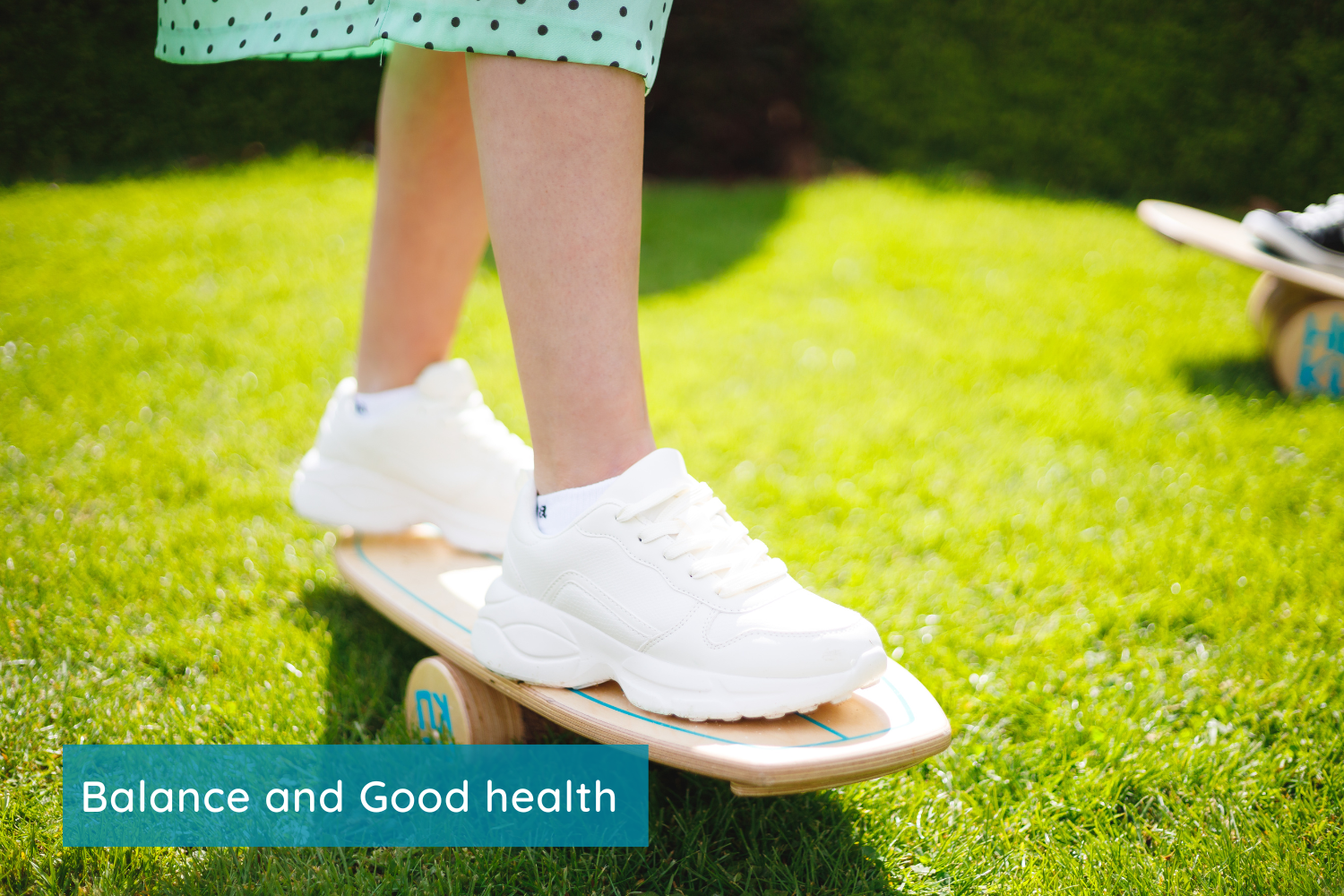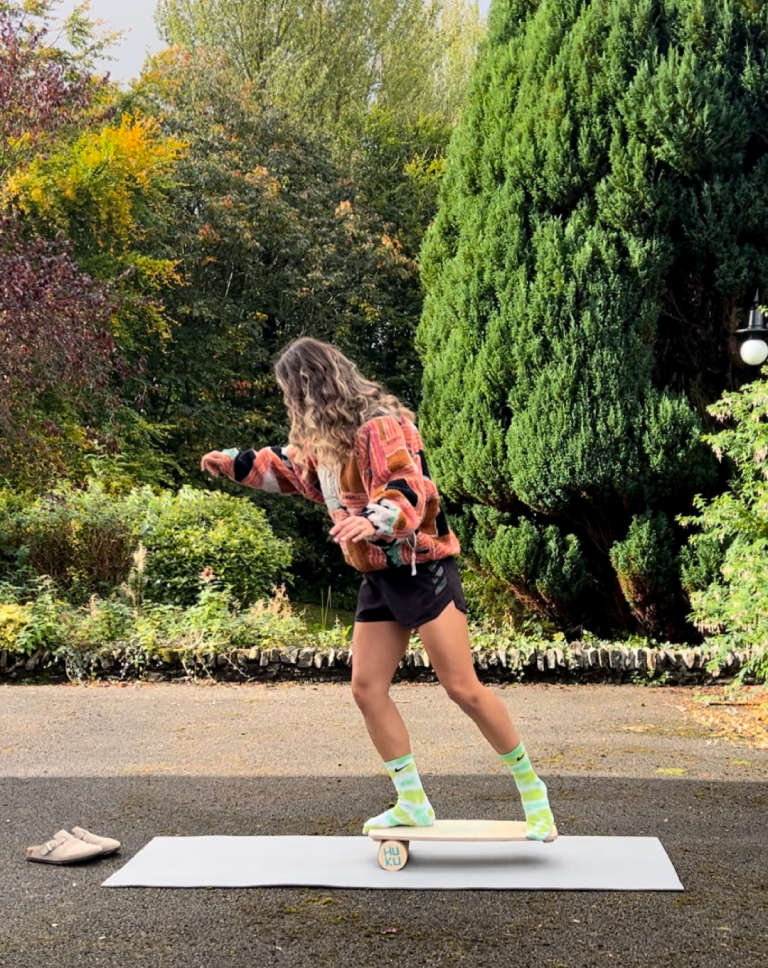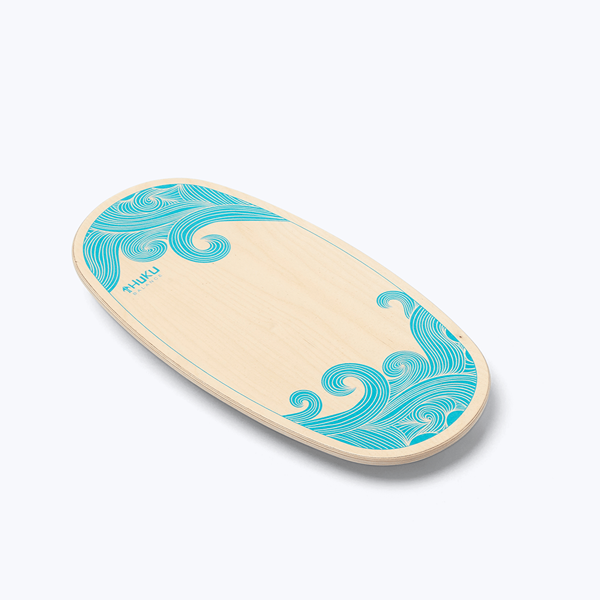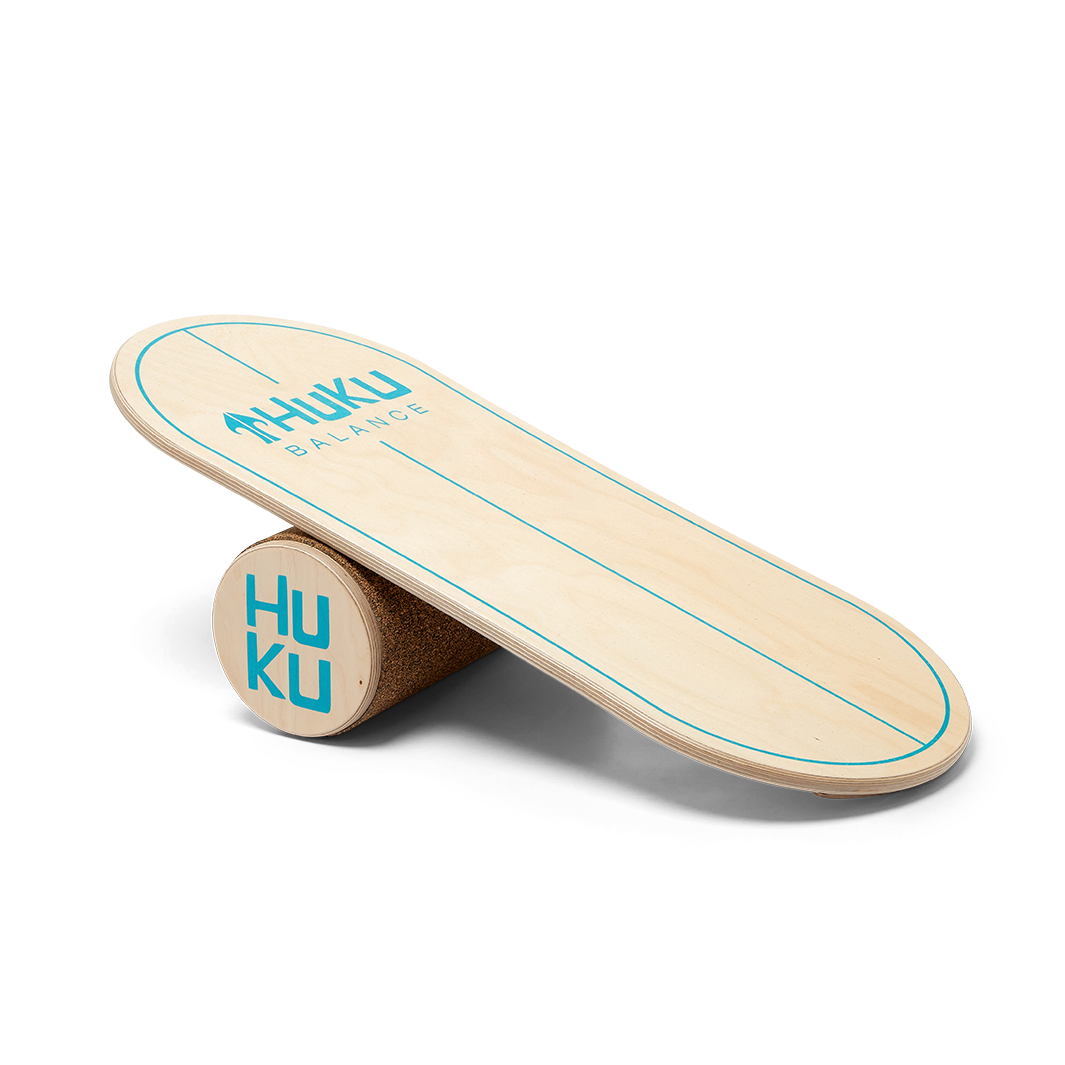The relationship between Balance and good Health

What is balance?
It can be quite difficult to confine balance to one definition. It is often defined as an individual's ability to maintain equilibrium. In other words, it is the ability to distribute the weight of your body over your base of support (generally the feet in contact with the ground). Balance may also be described as the postural muscles' immediate and quick reaction to a feeling of imbalance. Instead of being a trait we are born with, balance is something we build over time. We build balance at an early age, but we can lose it as we get older.
A study on balance and health
The British Journal of Sports Medicine conducted an extensive study on the relationship between balance and health. They found a correlation between a lack of balance and serious health issues. The study required participants to stand on one leg while looking straight ahead. More than 1,700 middle-aged people participated in the test, with 1 in 5 failing. The older the participants, the more likely they were to fail the test. Those who failed the test were more likely to have health problems. The relationship is not straightforward. Sometimes poor balance is a symptom of another health issue.
What causes bad balance?
Just as there is no single definition for balance, there is no single cause for poor balance. A sedentary lifestyle can contribute to a lack of balance. Many of us lead inactive lifestyles and sit for prolonged periods during the day. Good balance requires constant practice. Therefore, a lack of physical activity can impact your balance. Physical inactivity can also lead to muscular imbalances throughout the body. There are numerous other reasons you may experience poor balance. Inner ear problems can contribute to the issue, as your inner ears play a crucial role in maintaining balance. You should consult a doctor if you have balance problems. They can diagnose underlying issues such as those associated with the inner ear.
Improving balance
The most basic way of maintaining and improving balance is to stay active and move more throughout the day. For elderly people, this could be something as simple as introducing a light walk every day. Incorporating some muscle-strengthening exercises is also a good idea. Bodyweight exercises such as squats and pushups are a great way to increase muscular strength. You could also consider using some light handheld weights. Taking up exercises such as yoga and Tai-chi can also be beneficial. Studies have shown that performing Tai-chi improves an elderly person's capability to perform basic daily tasks.
Balance Boards are also an excellent way to improve balance while also improving traits such as mobility, core strength, and proprioception. They are also great fun! The Huku Lár is a great option for the elderly. It will help build balance and strengthen important muscles to help prevent any imbalances. The younger you start working on your balance, the better. That is why we designed the Huku Ulu specifically for children! The puzzle game will keep the kids entertained while building skills that will be important as they age. We recommend the Huku Original if you currently have good balance but want to take your workouts to the next level!
Conclusion
Balance is a complex process that is hard to confine to a single definition. It is often defined as the ability to distribute body weight over the base of support. Studies such as the one performed by The British Journal of Sports Medicine show that there is a correlation between poor balance and health problems. Bad balance can be caused and affected by various issues. Sedentary lifestyles, muscular imbalances, and inner ear issues can all impact on a lack of balance. There are numerous ways to improve your balance though! Performing activities such as resistance training, yoga, and Tai-chi are great ways to work on your balance. Balance Boards are the perfect tool for anyone looking to improve balance. We at Huku provide different types of board to suit a variety of fitness levels, ages, and goals.







